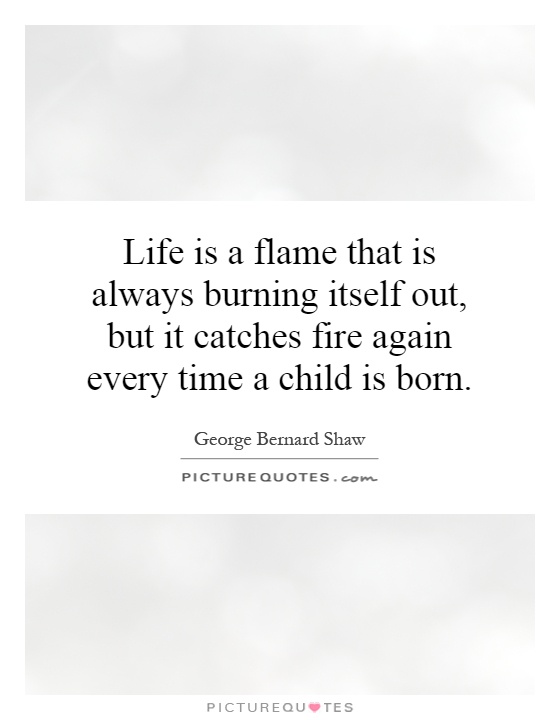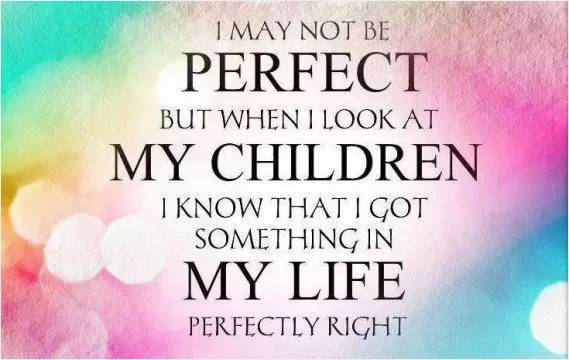Life is a flame that is always burning itself out, but it catches fire again every time a child is born

Life is a flame that is always burning itself out, but it catches fire again every time a child is born
George Bernard Shaw, the renowned Irish playwright and critic, once famously said, “Life is a flame that is always burning itself out, but it catches fire again every time a child is born.” This profound statement encapsulates the cyclical nature of life and the eternal hope that comes with the birth of a new generation.Shaw, known for his wit and wisdom, understood the transient and fragile nature of life. Like a flame that flickers and eventually extinguishes, life is fleeting and impermanent. However, Shaw also recognized the resilience and renewal that comes with each new life brought into the world. The birth of a child represents a fresh start, a new beginning, and a continuation of the human experience.
In Shaw’s view, the flame of life may burn out for individuals, but it is reignited with the arrival of a new generation. The birth of a child symbolizes hope, potential, and the promise of the future. It is a reminder that life goes on, despite the challenges and hardships that may come our way.
Shaw’s words also speak to the interconnectedness of humanity. Each new life is a spark that ignites the flame of the collective human experience. It is a reminder that we are all part of a larger tapestry, connected by our shared experiences and aspirations.
Furthermore, Shaw’s statement underscores the importance of nurturing and protecting the next generation. As custodians of the flame of life, it is our responsibility to ensure that future generations have the opportunity to thrive and flourish. By investing in the well-being and education of children, we are not only preserving the flame of life but also ensuring that it burns brightly for generations to come.












 Friendship Quotes
Friendship Quotes Love Quotes
Love Quotes Life Quotes
Life Quotes Funny Quotes
Funny Quotes Motivational Quotes
Motivational Quotes Inspirational Quotes
Inspirational Quotes